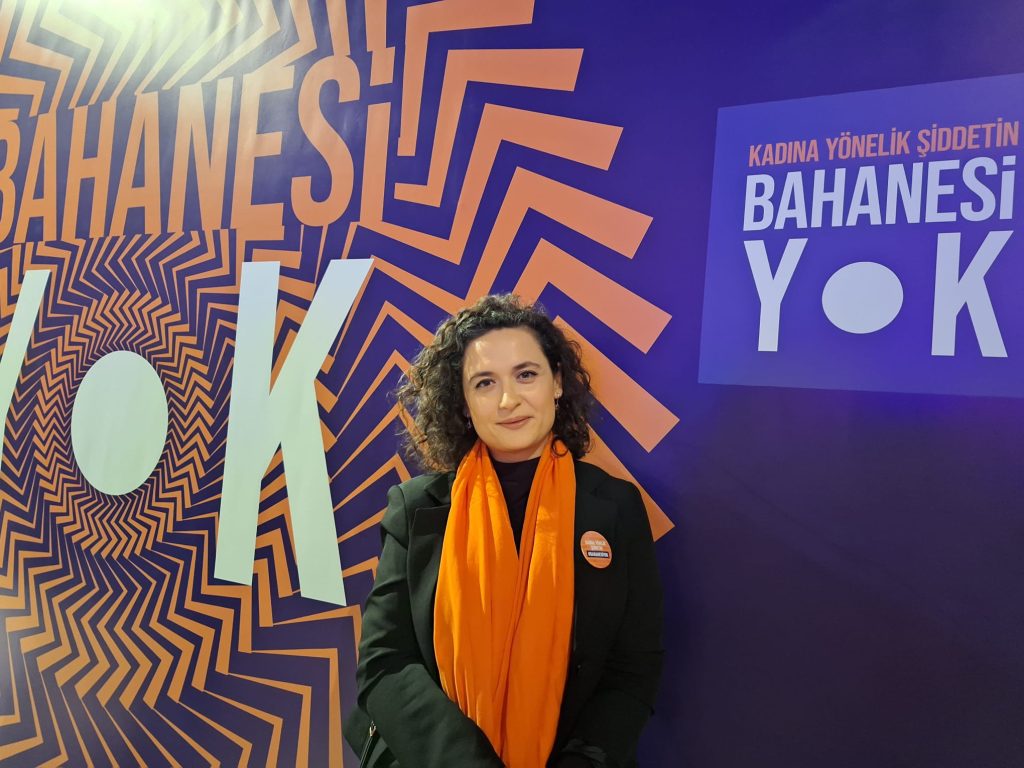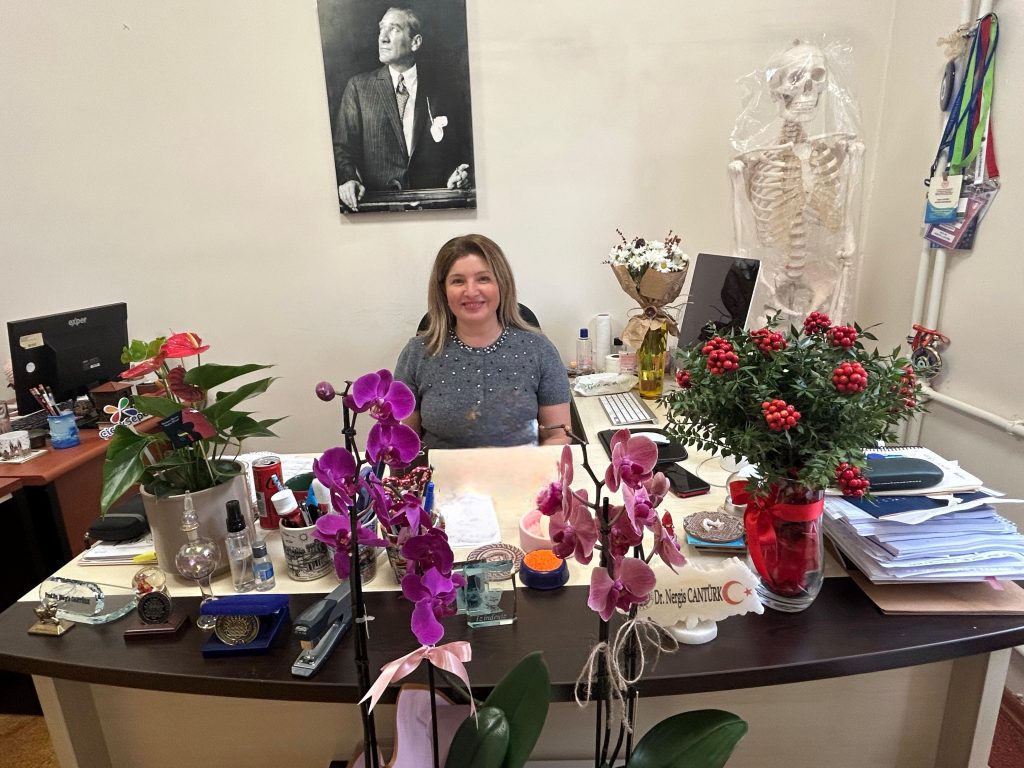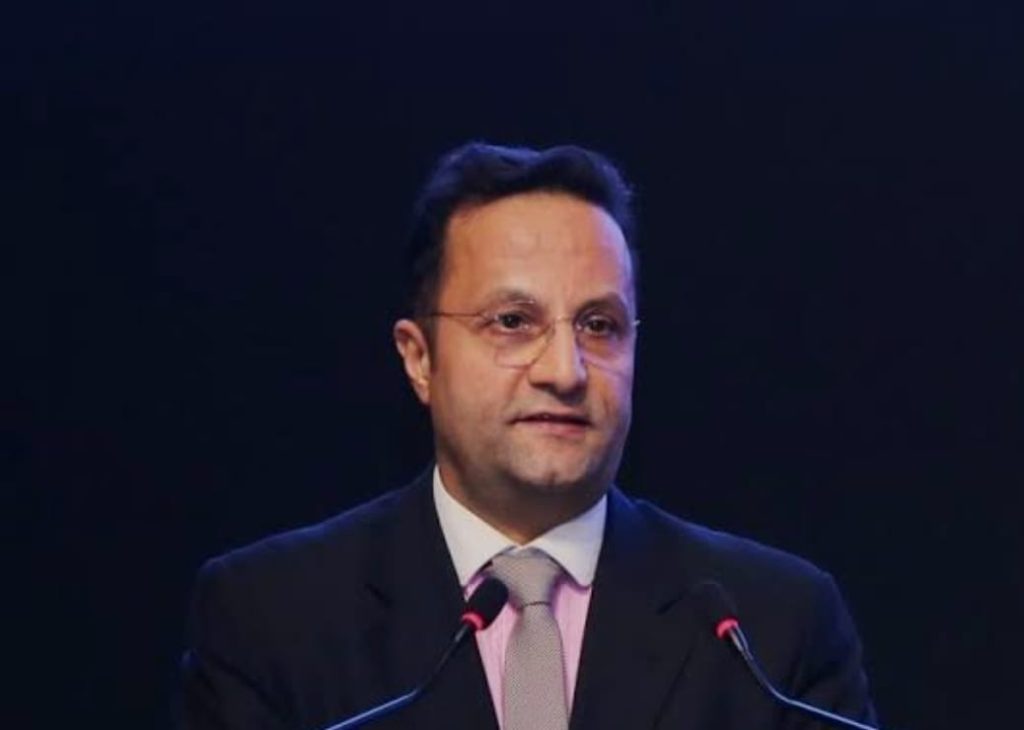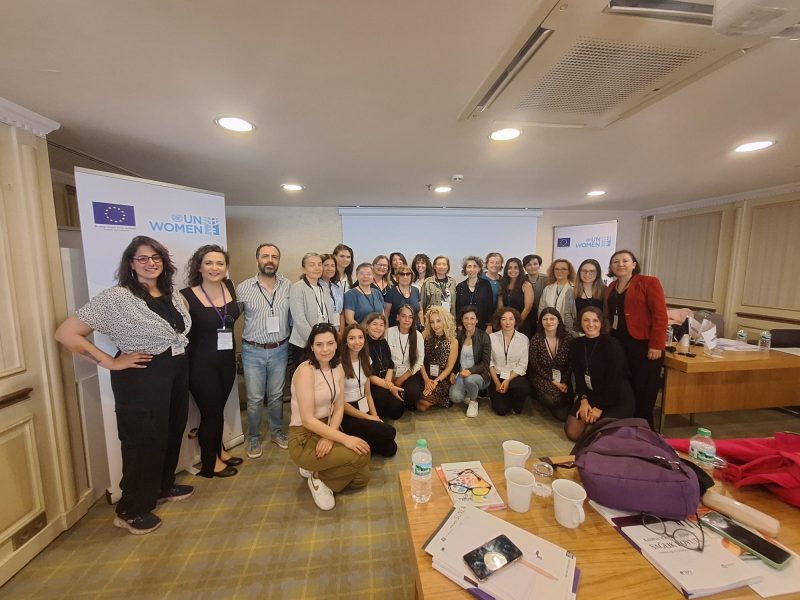“When I went to the hospital, my friend, who is a doctor, welcomed me. Because of this, I personally did not encounter the bad treatment that we often hear about from others. The real damage I suffered was from my boyfriend, both physically and psychologically.”
With these words, 29-year-old Aysel* described the violence she endured and the aftermath. Aysel, who lives in Turkey’s capital Ankara, struggles to express her emotions due to her trauma. However, she says that being welcomed by a familiar face at the hospital made the process somewhat easier.
Unfortunately, not every woman subjected to violence has healthcare professional acquaintances like Aysel. Meltem*, a 35-year-old woman who suffered physical abuse from her husband, also had to deal with her siblings trying to cover up the incident. They pressured her not to file a complaint against her husband, telling her, “What happens in the family stays in the family.”
When they arrived at the hospital, her siblings claimed, “She fell. These things happen,” in an attempt to dismiss the situation. Meanwhile, Meltem was trying to wipe the blood running down her head and had to cope with the emotional burden of her family’s abandonment, in addition to the physical pain she was suffering.
Psychiatrist Ayşegül Yıldız stresses that the psychological effects of violence often surpass physical injuries, adding that the healthcare system should “not only focus on visible injuries but also on the survivor’s emotional state”.
This is especially critical in countries where violence against women is a significant problem. According to data from 2023, Turkey ranks first among OECD countries in terms of intimate partner violence, with a rate of 32% among women aged 15-49. During a presentation at the Turkish Parliament’s Commission on Investigating Violence Against Women (TBMM), the director-general of public hospitals at the Ministry of Health, Emrah Ceviz, stated that 14,855 women who had been subjected to violence sought medical help in hospitals within the first eleven months of 2024.
Experts emphasise that addressing violence against women requires both preventive measures and coordinated efforts among different institutions to ensure treatment, trauma recovery, and safety.
According to a study conducted by the Turkish Family Health and Planning Foundation (TAPV) with institutional leaders on the subject, 70.4% of participants found inter-institutional cooperation in combating violence against women to be inadequate. In response, the Strengthening Health Service Mechanisms for Women Experiencing Violence project, funded by the European Union and involving 18 health and professional organizations, including TAPV, was launched.
The project aims to make the healthcare system a more effective intervention mechanism for women experiencing violence. Thousands of healthcare professionals have received training to raise awareness about combating violence, and ten key recommendations have been put forward to improve the healthcare system.
With support from UN Women, the “Primary Care Network for Preventing Violence Against Women” was established to advocate for the active role of primary healthcare institutions in preventing violence. The initial response team includes healthcare professionals, social workers, law enforcement officers, and civil society organizations. UN Women Turkey Program Manager Ebru Ağduk emphasizes that inter-institutional cooperation improves women’s treatments.
“It is really important to strengthen cooperation between different institutions and industries. This is why we want to bring together legal, health and social services viewpoints together in a way that prioritizes women,” Ağduk says.
TAPV Project Coordinator Ayşe Tek highlighted that violence against women is a public health issue and stressed the responsibility that falls on healthcare professionals in preventing it.
“Healthcare workers, who are public servants, are tasked with identifying violence, providing the necessary health care and referring women to other institutions to meet her needs,” Tek says.

Noting the need for structural adjustments within primary, secondary, and tertiary healthcare facilities to adopt a survivor-centered approach, Tek suggests that “a social worker should be present in healthcare facilities” as an example of interdisciplinary collaboration. Healthcare workers should be trained from a women’s rights perspective, she says, adding that “medical social service units should be strengthened.”
Yıldız agrees that healthcare professionals hold a critical role in treating women who have been subjects of domestic violence.
“Collecting technical evidence in a purely physical way, without caring for the patient’s psychological state, is not appropriate considering that each survivor, without exception, is subject to mental anguish as well,” Yıldız says.
As part of the project, training programs and webinars were organised for healthcare professionals. Ayşegül Dönmez, chair of the Midwifery Research and Development Association (EBEARGE), underlines the key role of midwives in identifying and supporting survivors of violence.
“It’s important for midwives to inquire in detail about the woman’s past to extensively evaluate the possibility of violence, and to be prepared to intervene in any way including with security forces,” Dönmez says.
As for the contribution of legal institutions, Prof. Dr. Nergis Cantürk from Ankara University’s Institute of Forensic Sciences noted the importance of forensic reporting.

“Women who are subject to physical violence often go to the emergency room, which is where it’s crucial to report forensic information as the healthcare service is sought prior to the legal side,” Cantürk says. “The healthcare facility then needs to collect a narrative of the violent incident, as well as the patient’s medical and psychosocial condition.”
Hakan Hakeri, a legal expert, highlights that violence cases must be handled within the judicial system and that healthcare professionals have a legal duty to report them.

“Each hospital has a hospital police officer. They are tasked with creating a record of the incident and processing it. If it’s an emergency, healthcare workers need to prioritize the medical intervention, but afterwards they must report to the hospital officer,” Hakeri says.
Also emphasising the necessity to avoid creating medical reports based on single-source information about the incident, Hakeri says that medical findings hold special weight in these cases considering most instances of domestic violence do not have many witnesses.
İkram Doğan, president of the Istanbul branch of the Social Workers Association, points out the lack of sufficient training in their profession.
“The Health Ministry provides almost no professional training targeting violence against women. The Strengthening Health Service Mechanisms for Women Experiencing Violence has been helpful in that sense, it improves field conditions for experts of different branches to exchange observations and ideas,” Doğan says.
Social workers hold a “guiding and emboldening role” in the aftermath of a domestic violence, Doğan says, noting that they guide women through their medical treatment, legal battle and re-adjustment afterwards.
Strengthening the healthcare system’s role in responding to violence against women requires a commitment to gender equality, inter-institutional cooperation, education, and preventive measures, Yıldız says. Key steps include “training healthcare professionals, empowering social workers, and ensuring survivors’ privacy and dignity in medical settings”.
Survivors also agree with this statement. Aysel says: “Every woman who had suffered deserves to be treated in hospitals with care and respect, even though they had no connections inside.”
The Health Ministry did not respond to Inside Turkey’s request for comment.
*names have been changed

